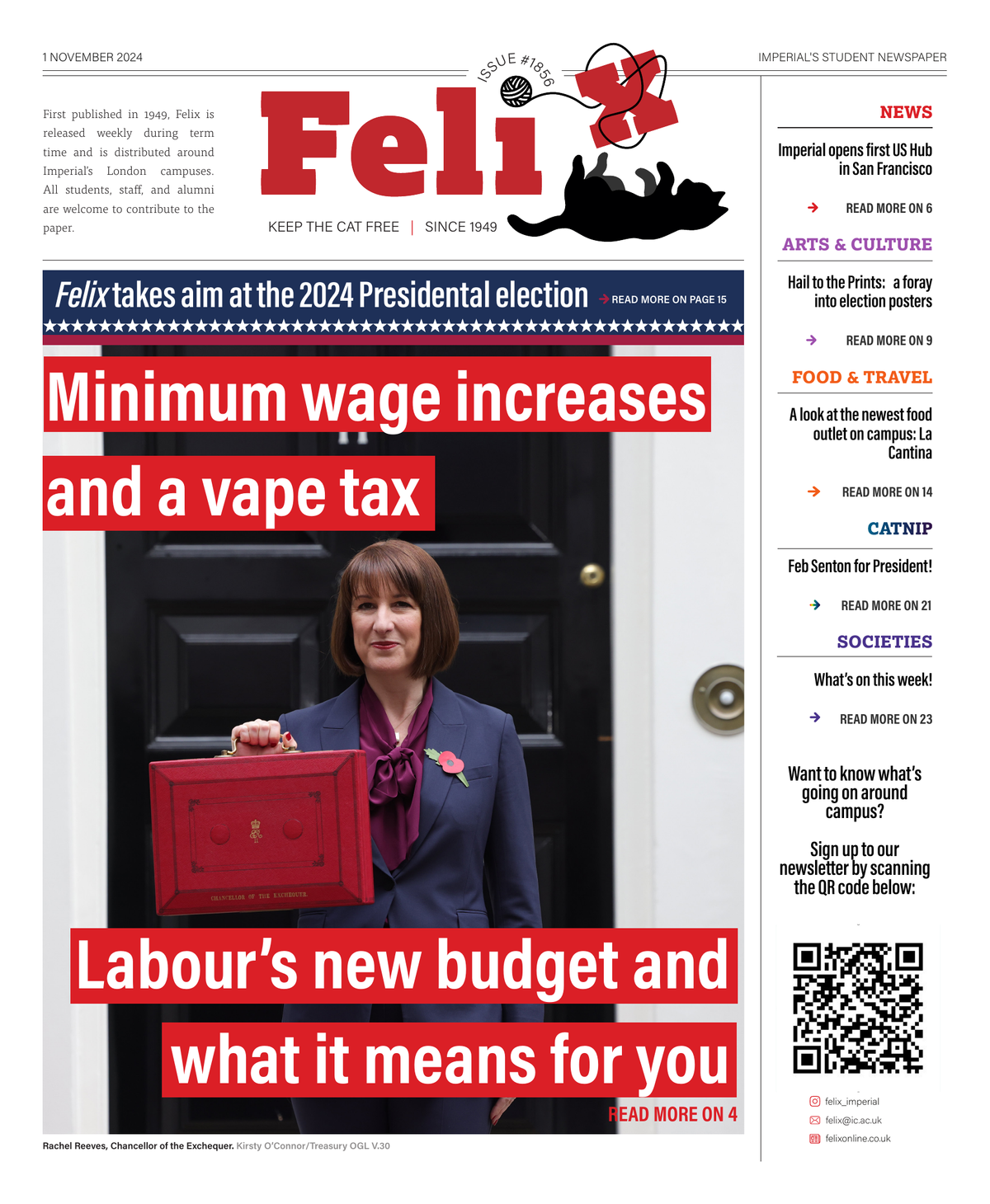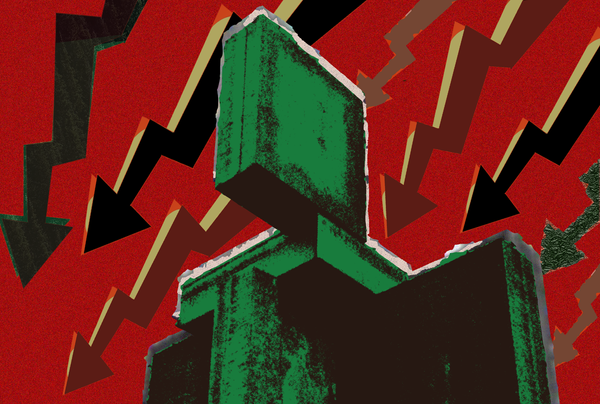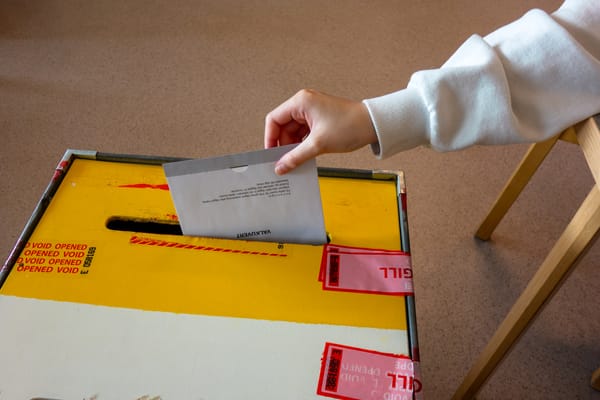Minimum wage increases and a vape tax: what Labour's new budget means for you
Labour’s first budget in 14 years fails to mention higher education institutions
Labour’s first budget has not included any proposed changes or funding for higher education institutes, despite experts in the sector calling for a change to the current student loan system, and increased funding as universities across England’s finances tighten. Students’ can expect increases in the minimum wage, and a possible rise in bus fares. This budget, monumental in being the first one delivered by Labour in 14 years and the first delivered by a female chancellor. The Chancellor of the Exchequer Rachel Reeves has placed a strong emphasis on restoring economic stability. Reeves has accused the Conservative Party of leaving the country with “broken” public services; but has strikingly failed to mention any specific financial plans for universities.
Minimum wage increase
Reeves has announced that the minimum wages will rise this year, with the minimum for 18-20 year olds increasing by 16% to £10 an hour. Moreover, the chancellor has gone beyond the guidance of the Low Pay Commission in increasing National Living Wages by 6.7%. This entails a £12.21 an hour minimum for all workers aged 21 and over from April 2025. In addition, it has been asserted that a single adult rate will be gradually implemented, meaning that pay will become equal for all over–18s during this government. With inflation rates predicted to fall to 2.0%, this budget can be seen as primarily an attempt to battle the cost of living crisis. Students have faced the brunt of the cost of living crisis, with a survey by the Higher Education Policy Institute finding a record 56% of UK undergraduates work part time; three quarters of them did so in order to meet living costs.
National Insurance rises
The chancellor confirmed a 1.2% increase in employer National Insurance (NI), taking the total to 15%, which places additional costs on UK universities for staff pay . A 1% rise in NI contributions would collectively cost higher education institutions approximately £130 million. This announcement comes during a funding crisis in the higher education sector, and may result in further cuts and redundancies. This follows a call from universities to raise fees for students by £3,000 a year due to inflation. Students faced disruption to their degrees following strikes by the University and College Union in 2022 and 2023. Following negotiations in 2024, the Joint Trade Union (JTU), which represents the three trade unions operating at Imperial, agreed to a minimum 4% wage increase in May this year. Business leaders have indicated that recruitment numbers may go down in the short term as their NI contributions increase. This may indicate some issues with graduate jobs, with graduate recruitment slowing post–COVID and Stephen Isherwood, chief executive of the Institute of Student Employers (ISE), warning that demands for jobs were already at “record–high” levels. “The graduate jobs market is tough. There are a lot of students chasing a small number of vacancies,” Isherwood said, following a recent report by the ISE (see Felix #1855). Taxes are now at a record high, although reporting by the Financial Times indicates this is the norm across Western countries, due to high inflation and poor economic prospects post–COVID.
Beer, vapes, and other vices
Additionally, the chancellor pledged “a penny off the pints at the pubs,” by cutting duty on draught alcohol. Duty rates on non-draught alcohol will increase according to RPI next February. A new flat rate tax on vaping has been introduced, starting in October 2026 as well as announcing an increase in tobacco duty “to maintain the incentive to give up smoking.” This follows a ban on disposable vapes set to be enforced from June 2025.
A commitment to research
Beginning her speech by committing to “invest, invest, invest”, Reeves has pledged to invest £6.1 billion in research and development. In particular, she has vowed to fund sectors in science such as engineering, biotechnology, and medical sciences. This follows a speech at the 2024 Labour Party Conference where the Secretary of State for Science, Innovation, and Technology expressed that science and technology are “the most sustainable route to wealth creation, opportunity generation, secure employment and economic growth”.
Transport fare hikes
The bus fare cap has been increased from £2 to £3. Whilst it is unclear if this will affect London, Mayor of London Sadiq Khan has confirmed a 4.6% increase in Tube prices in accordance with the fare hike in National Rail.











